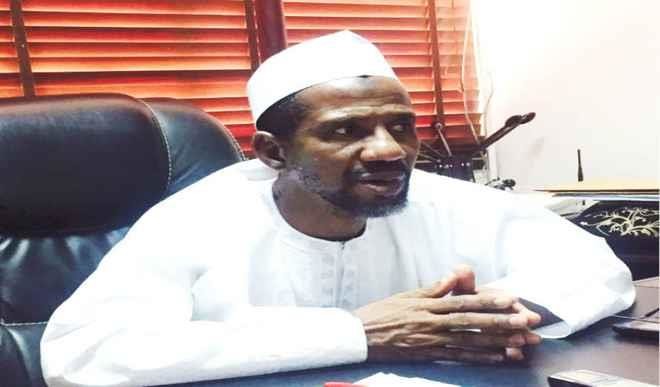‘What we are doing to sustain peace in Bwari’
The recent Bwari crisis broke out as a result of a chieftaincy dispute, what step has your secretariat taken to resolve the issue and also make sure such incident does not recur? When we came in last year, some time around October, the Sarkin Bwari was given a letter of appointment and the crisis didn’t […]


The recent Bwari crisis broke out as a result of a chieftaincy dispute, what step has your secretariat taken to resolve the issue and also make sure such incident does not recur?
When we came in last year, some time around October, the Sarkin Bwari was given a letter of appointment and the crisis didn’t break out; it was until December, so one wonders if actually that is the reason. The sarki is not a Hausa or Fulani man. He is Koro, and Koro is one of the major tribes around Dutsen Alhaji, up to New Wuse. So I want to disagree with the thinking of the people that the crisis was due to a chieftaincy tussle.
Historically, the person that they are saying is not supposed to rule them, the current sarki, was sent from the former Niger State, and at that time, Suleja was covering Maitama and Kwali districts, and when that person was sent in, he had a district. If you ask any Gbagyi person, he will testify to the fact that this person’s father had ruled them since 1976 as a district head, and at that time, the etsu, which is the Gbayi chief, was a village head. It was his intervention in 1997, which is about 21 years now, that the military regime created new chiefdoms in the FCT, and he was made a second class chief.
In fact, the Ona of Abaji who is now a first class chief, at that time, there was no ona, it was the madaki that was ruling Abaji District. So if you look at the history, he was the first person to become district head of an agreed place by the government of former Niger State.
So to say it was the reason why there was breakdown of law and order in the FCT on Christmas Day, which resulted in the loss of lives and destruction of property, there must be more to that; so we have to look into it.
What steps have you taken on that?
On that very day of the crisis, the FCT minister led a delegation to the State House where he felicitated with the president on Christmas, and while we were there the crisis broke out, so from there, we headed to Bwari. The FCTA was there in time to quench the problem and curfew, which is still on ground, was imposed. We are also taking proper documentation of those that lost their property in and outside the market and the people that lost their lives to see what can be done to compensate the families.
So these are what the FCTA is trying to do now, so we have to make sure that we take documentation of the actual victims. Also, there has to be a commission of enquiry that will look into the actual cause of the crisis, so that we can understand what the actual problem is and solve it out.
What is the present situation in the area council?
Presently, peace has prevailed and the curfew has been relaxed now from 8:00p.m to 6:00a.m.and we are waiting for reports from the security agencies so that the curfew will be collapsed. People coming or going out of their homes to their places of work will have to reach there before 6:00p.m, but after the security meeting, we agreed that anybody that came after 6:00p.m. and showed his identification card should be allowed to pass, but if the other expected report comes and we see that everything has gone down we can either reduce the time again or even remove it totally.
Refuse is a major challenge in the satellite towns, what are you doing to improve sanitation in these areas?
In every Joint Account Committee (JAC) meeting we do, we have been talking with the Satellites Town Development Department (STDD) and they are mandated to do the refuse evacuation in all the area councils. So we usually get updates of all the activities of the area councils and how they want us to come in to assist them, and I can say they have been doing their best but the only thing that would be necessary is to bring in the weekly sanitation. Even at that, some people will begin to say they have the right to do only their own area; so there are so many complications to it. The important thing is for everybody to keep their areas clean and dump the refuse where it is supposed to be dumped so that those people that are given the task to clear it will carry out their duty. I would still advise the residents, particularly in the area councils, to ensure that every site that has been dedicated for refuse should be taken as a dump site and therefore try not to litter their refuse around because it is environment unfriendly.
